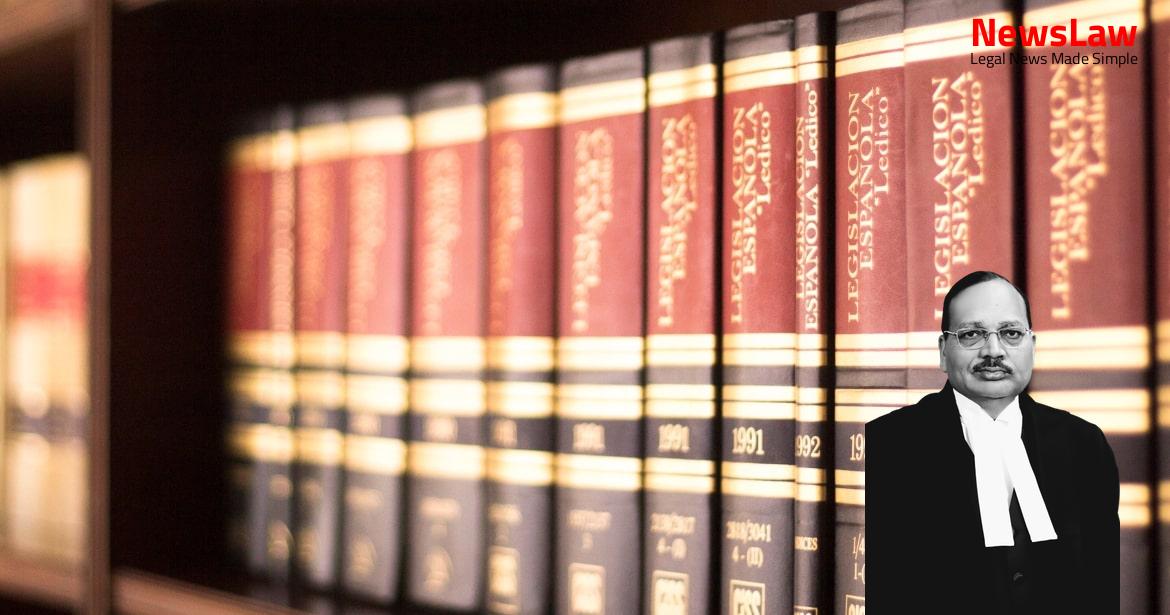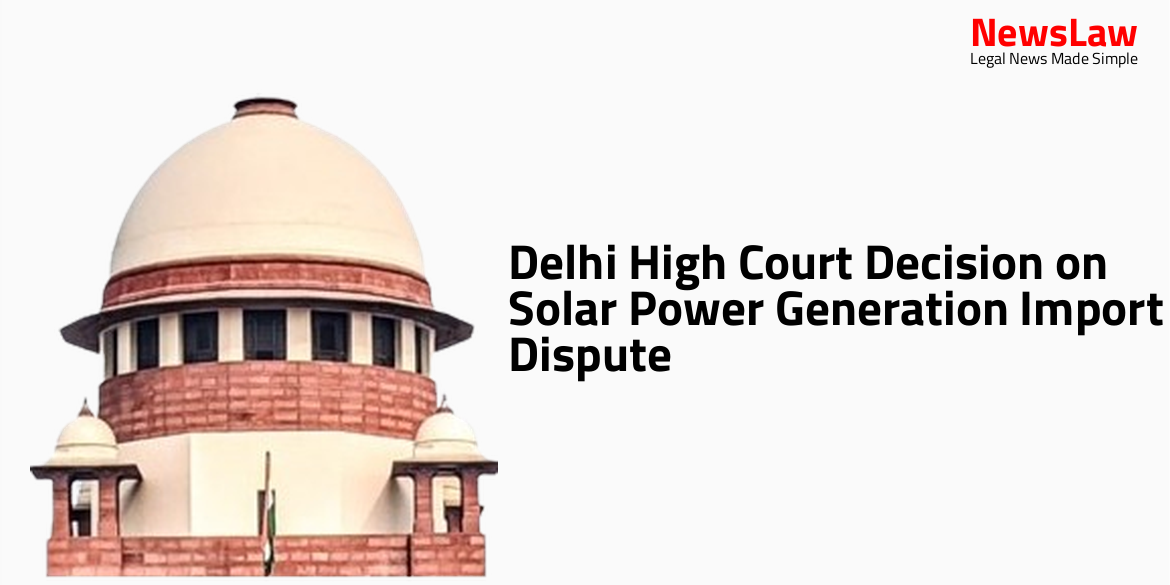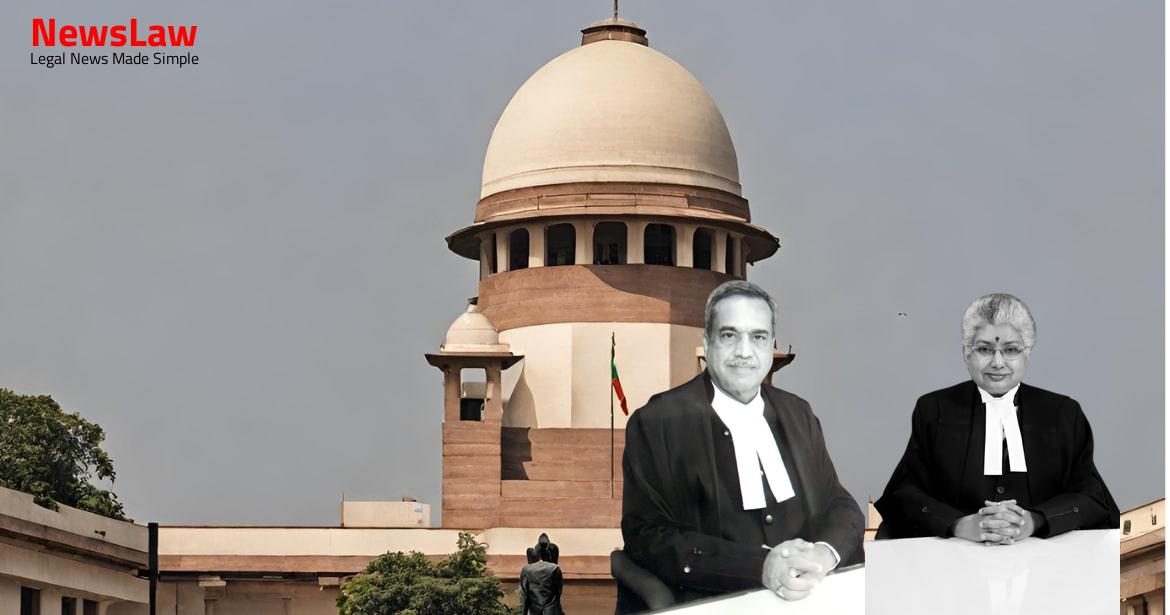A significant ruling by the Supreme Court of India has reshaped the landscape of arbitration law reform. Delving into the case of ONGC Mangalore Petrochemicals Limited vs. ANS Constructions Limited, the Court has addressed crucial aspects like judicial intervention, appointing arbitrators under Section 11, and the need for amending certain sections of the Arbitration and Conciliation Act, 1996. Stay informed about the latest developments in legal reform and the process of arbitration in India.
Facts
- Leave granted to
sought leave to appeal - The High Court granted leave to appeal
- The High Court referred to the leave application
Also Read: Land-Grabbing Conspiracy Case: Supreme Court’s Landmark Judgment
Analysis
- Admittedly, a no-dues certificate was submitted by the contractee company on 21-9-2012, and a completion certificate was issued by the appellant contractor upon their request.
- The Supreme Court clarified that at the stage of a Section 11(6) application filing, the Court can examine not only the existence of an arbitration agreement but also preliminary issues such as stale claims, accord, and satisfaction having been reached.
- In the case of ONGC Mangalore Petrochemicals Limited vs. ANS Constructions Limited, it was held that the power to appoint an arbitrator under Section 11 is judicial in nature.
- The Court emphasized that when a contractee accepts final payment in full satisfaction of all claims, raising claims for losses during the contract execution at a later stage, without coercion or duress, raises doubts.
- The power of the Chief Justice under Section 11(6) of the Arbitration Act was considered administrative in nature in certain judgments before Section 11(6A) was inserted.
- Subsequent to the insertion of Section 11(6A), the Supreme Court held that the preliminary disputes are to be examined by the arbitrator and not the Court under the limited scope available for the appointment of an arbitrator.
- The Supreme Court emphasized that judicial intervention should ensure that the dispute resolution process is not unnecessarily protracted.
- The Court recommended amendments to sections 8 and 11 of the Arbitration and Conciliation Act, 1996, to maintain the scope and nature of judicial intervention in line with the approach under Section 11(6).
- The omission of sub-section 6A was recommended by the High-Level Committee Review in 2017 to institutionalize arbitration in India.
- The amendment Act of 2019 has not yet brought into force Section 3 in relation to the omission.
- The Supreme Court deliberated on the nature of permissible pre-arbitral judicial intervention, especially regarding Section 11 of the Arbitration Act.
- The Law Commission recommended and introduced Section 11(6A) in the Act to limit court interference and expedite arbitration processes.
- The judicial intervention is restricted to cases where the arbitration agreement’s existence is challenged.
- The Court shall refer the dispute to arbitration if the arbitration agreement exists, leaving final determination to the arbitrator.
- The Commission examined provisions like Section 9 for interim relief, which does not affect arbitration’s conduct like other provisions.
- The recommendation aligns with practices in Singapore and Hong Kong to enhance institutional arbitration and avoid delays in court.
- The default procedure for arbitrator appointment in other jurisdictions requires less court involvement compared to India.
- The amendment aims to provide a conclusive determination on the nullity of the arbitration agreement.
- Decisions made by judicial authorities under sections 8 and 11 are final and non-appealable.
- Preliminary issues under Section 11 applications are categorized into three groups: issues to be decided by the Chief Justice, issues to be decided at his discretion, and issues reserved for the Arbitral Tribunal.
- The Chief Justice must decide on whether the application has been made to the appropriate High Court and the existence of an arbitration agreement.
- The Chief Justice may choose to decide or leave to the Arbitral Tribunal on matters like the nature of the claim and contract conclusion.
- Issues exclusively for the Arbitral Tribunal include determining if a claim falls within the arbitration clause and examining the merits of the claim.
- Sweeping changes were suggested for the 1996 Act by the Law Commission of India in Report No. 246 to ensure speedy appointment of arbitrators.
- Recommendations include appointing arbitrators through designated arbitral institutions to expedite the process and limiting challenges to the appointing authority’s decisions.
- The 2015 amendments to Section 11 focus on facilitating the swift disposal of applications by enabling various appointing authorities and imposing a time limit for decision-making.
- The law prior to the 2015 Amendment, laid down by the Court including the consideration of whether accord and satisfaction has occurred, has been legislatively overruled.
- Section 11(6A) is limited to the examination of the existence of an arbitration agreement and should be understood narrowly as per the judgment in Duro Felguera, S.A.
- The judgment in United India Insurance Company Limited is overruled for not laying down the correct law.
Also Read: Limitation Period Clarification: B.K. Educational Services Pvt. Ltd. vs. Parag Gupta & Associates
Decision
- Mr. Rohatgi requests an extension of the status quo order granted by the trial court
- He seeks an extension for a period of one week from today
- The extension is requested to allow for adoption of other proceedings
Also Read: Supreme Court Judgement: Determination of ‘Seat’ of Arbitration Proceedings
Case Title: M/S MAYAVTI TRADING PVT. LTD. Vs. PRADYUAT BED MURMAN
Case Number: C.A. No.-007023-007023 / 2019



